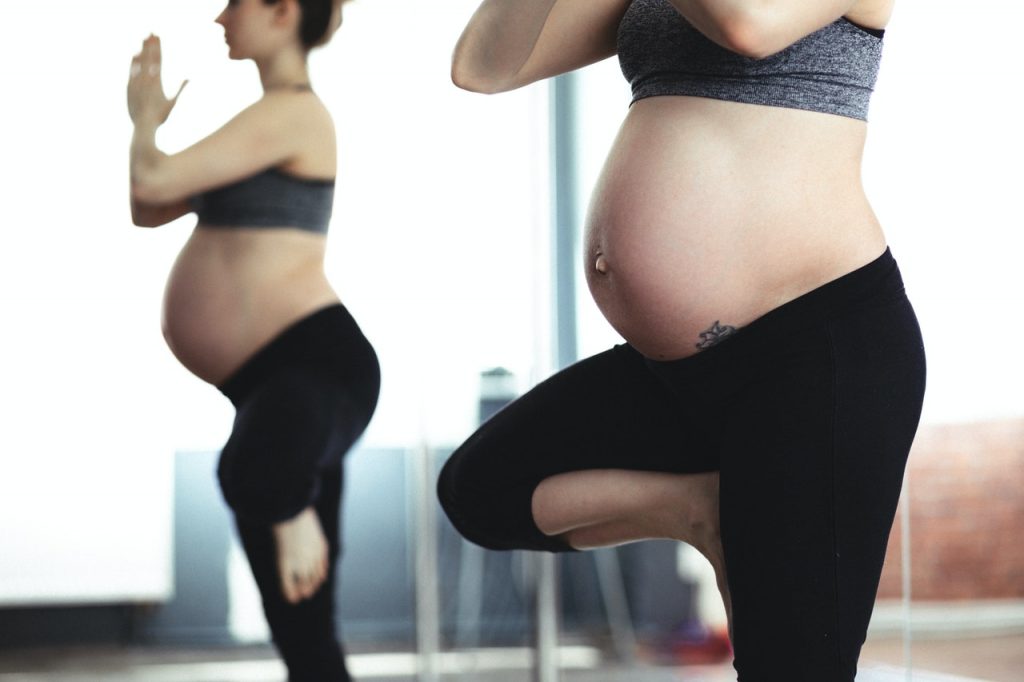The ancient practice of yoga has taken the world by storm. Although it’s become popular with the younger and middle-age population, the world has also seen an uptick in yoga practitioners from a specific population in recent years: pregnant women.
Prenatal yoga classes -both offline and online – are making the rounds nowadays, and experts agree there are plenty of reasons why they will probably stay for good. Prenatal yoga is said to not only alleviate the symptoms of pregnancy, but they also help ease labor itself.
Here are some benefits that expectant mothers can get from prenatal yoga.
It supports and strengthens the pregnant body.

Through yoga stretches and postures, muscles in the body are stretched and strengthened with ease. Toning core muscles, as well as the hips and pelvis – all of which are crucial to a healthy pregnancy – helps build, tighten, and support the lower body, particularly the belly.
It eases pregnancy discomforts.

A lot of bodily changes happen in occur during the nine-month postpartum period, and for women, this also means a lot of discomfort and pain. Yoga stretches help improve blood flow the safe and healthy way, bringing much-needed circulating oxygen to the muscles. Enhanced blood circulation helps alleviate common pregnancy complaints such as muscle cramping and lower back pain. Yoga also helps improve breathing, which can help women who are experiencing shortness of breath that accompanies a growing belly.
It can help with prenatal depression.

If there’s one thing that the world knows about pregnancy, it’s that it tends to make women extra emotional. This is due to a dramatic increase in the hormones estrogen and progesterone, which aside from being crucial for blood vessel formation in the uterus, are also responsible for a surge in emotions. For those who are suffering from depression, this also means being more prone to frequent bouts with depressive episodes.
A study made by the University of Michigan in 2012 revealed that would-be mothers who participated in a 10-week mindfulness yoga practice experienced a marked reduction in depression and a better emotional state.
It strengthens the mother-baby bond.

Yoga practices in general help promote mindfulness and attention to one’s body. Yoga practitioners, especially those who participate in prenatal yoga, are encouraged to be more present and inculcate a sense of gratitude and connection with their fetus, through breathing, stretches, poses, and bringing attention to different parts of their body, thereby improving the bond between the mother and her unborn child.
It helps in preparing the body for labor.

One important lesson that is taught in prenatal yoga is working with the body in order to prevent pain and tightening caused by anxiety related to labor and delivery. Anxieties generally tend to tense the muscles, which also decreases a woman’s ability to be more calm and in tune during labor. Practices like yogic breathing assists in relaxing the body and muscles, allowing mothers to focus better and connect to the experience of giving birth.
A study published in 2012 also shows that expectant mothers who regularly engaged in prenatal yoga enjoyed reduced risk for preterm labor.




